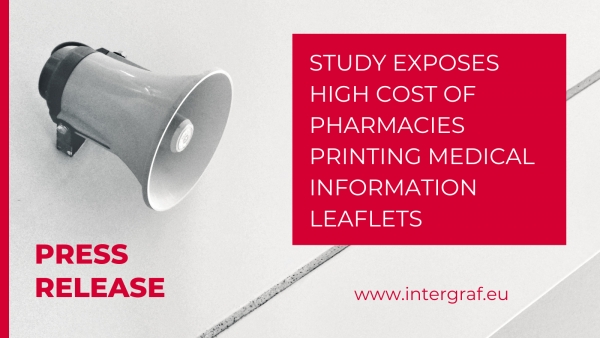15 June 2015
New measures to tackle late payment introduced
In February, former Business Minister Matthew Hancock MP announced that the government-backed Prompt Payment Code will now promote 30-day payment terms as standard, with a 60-day maximum limit. Unless signatories can prove exceptional circumstances for longer terms, they will be removed from the Code.
The change will be enforced by the new Code Compliance Board, which will investigate challenges made against signatories to the Code by their suppliers. The Board will remove signatories found to be in breach of the Code's principles and standards.
The Prompt Payment Code (see www.promptpaymentcode.org.uk) sets out fair and agreed practices for businesses to follow when dealing with, and paying, their suppliers, and is administered on behalf of the Department for Business, Innovation and Skills (BIS) by the Chartered Institute of Credit Management (CICM).
More than 1,700 businesses and public authorities have so far committed to these principles, which include paying suppliers within an agreed timeframe and communicating with them effectively. Code signatories will be actively encouraged to comply early with these changes, ahead of them coming into force formally next year. A joint CICM/BIS survey launched last December found that 72% of signatory responses supported the introduction of a maximum payment target and 63% of these thought that the term should be 60 days.
In addition, new legislation that came into force on 26 February (the Public Contracts Regulations 2015) now requires every business in the public sector supply chain to comply with 30-day payment terms, including suppliers and sub-contractors.
These changes complement the tougher reporting laws the new Small Business, Enterprise and Employment Act 2015, which received Royal Assent on 26 March. The UK's largest companies will be required to publish their payment terms, increasing transparency and empowering small businesses. The Code Compliance Board will be able to use this data to review the status of signatories to the Code and challenge those that either do not pay their suppliers promptly or insist on excessively long standard terms.
Large organisations will be under a more stringent duty to report on their payment practices and policies. Whilst secondary regulations still need to prescribe the detail, this duty will require large organisations to report on their payment practices and policies and performance by reference to those practices. It is expected that large organisations will be required to report on:
- Standard (and non-standard) payment terms
- The average time taken to pay
- The proportion of invoices paid beyond agreed terms
- The proportion of invoices paid in 30 days or less, between 31 and 60 days, and beyond 60 days
- The amount of late payment interest owed and paid
- Whether financial incentives were required to join or remain on supplier lists
- Dispute resolution processes
- The availability of e-invoicing, supply chain finance and preferred supplier lists
- Membership of a Payment Code (codes set up to drive positive changes in payment culture) such as the Prompt Payment Code
The Government has provided an indicative format* for the report, and will require reporting on a half-yearly basis. Large organisations will need to provide this in open data format to a single central digital location. The intention of these changes is to increase competitive pressure to improve payment practices and policies in line with peers, thereby reducing the disparity in bargaining power between different sized companies. The enabling regulations are anticipated to apply from April next year and, whilst they may not make the 30 or 60 day payment terms mandatory, the ‘name and shame' approach may end up achieving the same result.
*See https://www.gov.uk/government/uploads/system/uploads/attachment_data/file/415028/bis-prompt-payment-implementing-the-duty-on-large-companies-to-report-on-payment-practices-and-policies.pdf
 Intergraf Economic News (Paper Prices) - March 2024
Intergraf Economic News (Paper Prices) - March 2024
18 March 2024
Access the latest edition of the Economic Newsletter for the European Printing Industry for data on paper consumption, and pricing data for pulp, paper and recovered paper. Data for packaging papers and board is also available with this edition.
 STUDY EXPOSES HIGH COST OF PHARMACIES PRINTING MEDICAL INFORMATION LEAFLETS
STUDY EXPOSES HIGH COST OF PHARMACIES PRINTING MEDICAL INFORMATION LEAFLETS
7 March 2024
Intergraf welcomes the release of a study by our partner MLPS (Medical Leaflet = Patient Safety), a subgroup of the European Carton Manufacturers Association (ECMA) shedding light on the potential economic costs associated with the proposed use of Print on Demand (PoD) leaflets in the pharmaceutical legislation revision.

The BPIF is the printing industries champion. By becoming a member you join a diverse and influential community. We help you solve business problems, connect you to new customers and suppliers and make your voice heard in government.
Call 01676 526030









